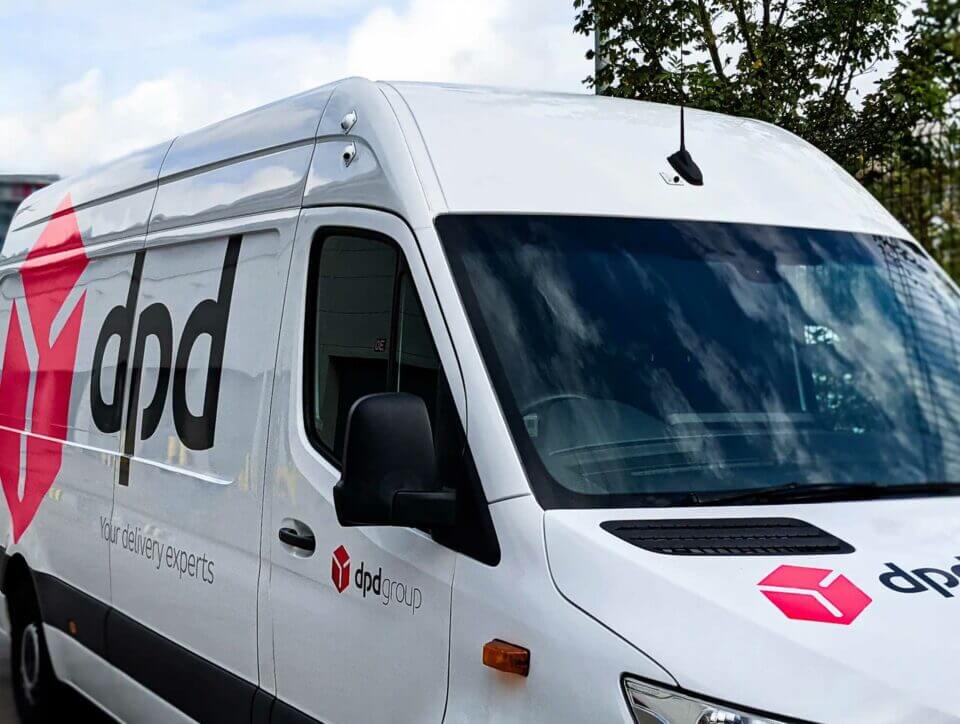
“We live in a world where every conceivable product or service is instantly accessible.”
Jennifer Davies was a normal woman living an ordinary life in Brighton, on England’s South Coast. The 69-year-old was a recently retired nurse. A devoted mother, she dedicated much of her newfound free time to the health and well-being of her two adult children, Oli and Nancy. She decided to send them a care package to cheer them up during lockdown. On May 21, 2020, Jennifer packed up copies of the 2018 Delia Owens novel Where the Crawdads Sing, along with personal letters addressed to each them, and headed to the post office.
She never did find out if they liked the book. As she stepped off a roundabout in Brighton, Jennifer was hit by a van being driven by a delivery driver.
The driver, Kamil Zieba, pleaded guilty to causing death by careless driving and was sentenced to three-and-a-half years in prison. Dashcam footage showed him using a mobile phone, rolling cigarettes, and eating and drinking while driving. Prior to the incident, he was driving a Mercedes-Benz Sprinter van recklessly, mounting sidewalks and curbs. It was later found that he did not have proper insurance. Jennifer was so badly injured that her son did not recognize her when he visited the hospital. She died two days later.
The fate that befell Davies could have been avoided if Zieba had been careful. It was appropriate for him to take personal responsibility. His reckless actions—his son was also in the van at the time of the accident— claimed the life of an innocent woman. However, according to evidence heard in Hove Crown Court, the courier was incentivized by the rigorous demands of the job.
During his trial, the court learned that he had found it difficult to follow the very hectic schedule set by Dynamic Parcel Distribution (DPD), the delivery company he was working for through a third-party contractor. The frantic pace meant he was expected to deliver up to 180 parcels a day—on average, one every two-and-a-half minutes. Failure to do so entails the threat of termination.
Whether it is pizza or pornography, everything we want is just a few clicks away.
I am roughly the same age as Zieba. The world we grew up in was completely different. In the 1980s, Silicon Valley was little more than a few clunky Commodore PETs roasting in the Californian sun. Mark Zuckerberg was being breastfed, and people thought IBM was a new anti-diarrheal medication. The Internet was still in its infancy. As children of the analog age, being plugged into the matrix meant a dial-up modem and an Ethernet cable. If we wanted a take-out meal, we had to walk to the restaurant or order through a stationary telephone. For millennials, this was a telephone plugged into the wall. Waiting was in our DNA. Time was split into clearly defined “blocks.” There was a time to play, a time to study, and a time to sit and eat with family. We grew up in an environment where time was organized, where there was a rigid regime set by clocks. As a corollary, the concept of deferred gratification was always present.
The thought of having to wait for anything now terrifies people. Capitalism has revolutionized the way people organize and structure their lives. We live in a world where every conceivable product or service is instantly accessible. Whether it is pizza or pornography, everything we want is just a few clicks away. At the same time, capitalism has radically changed the way we perceive time. As the Internet rapidly permeates all areas of our lives, we no longer experience time and space in the way we used to. One no longer needs to occupy the same space or be present at the same time to get his work done. The digital revolution has forced us to rethink our relationship to work, leading to a spatiotemporal realignment.
With a social media generation craving recognition—the dopamine hit from likes and retweets—we have been socially engineered for instant gratification. As technology advances, so do customer requirements. When capitalism meets all of our needs, the consumer becomes the real boss. And the boss demands it now.
This is not an isolated incident. Our desire for home delivery has increased the number of serious fatalities on London’s roads. In 2020, 31 motorbike and scooter drivers were killed, and more than 730 were seriously injured, according to data cited by the Evening Standard. These “powered two wheelers” account for 1% of journeys in London but more than one quarter of all “road deaths and serious injuries.”
To motivate drivers, DPD used a color-coded “traffic light” system to let drivers know if they were on schedule or running late. If an onboard handheld device turned red, drivers risked losing their jobs. The court heard that Zieba was in the red earlier that day; however, at the time of the fatal accident, he was in the amber, but only by cutting corners and driving erratically. To fulfill their orders, drivers often work up to ten hours per day without a break. As he was not a salaried member of staff, he was paid £1 (roughly $1.27) for every parcel delivered.
This pathological obsession with customer satisfaction is a tragic and quintessentially modern story of capitalism. But the problem lies not only in the grueling work schedule but also in the absence of serious regulations. By European Union law, drivers of large delivery trucks such as heavy goods vehicles cannot drive more than nine hours per day, taking breaks every four-and-a-half hours. These regulations, unfortunately, do not apply to delivery drivers who primarily drive light vehicles.
There are other examples. With market forces unleashed in the home delivery world, the possibilities are endless. For every 24-hour delivery, there is a sweatshop worker in India reaping the benefits of so-called deregulation. Meanwhile, there are child laborers mining cobalt for the batteries in “environmentally-friendly” electric vehicles. Conscience costs, and someone else pays for it.
Deregulation is good for business. It tends to remove unnecessary bureaucracy while satisfying consumer instincts. Until, that is, an innocent churchgoing pensioner is mowed down by a stressed driver who fears he will lose his job. It is often said that capitalism is a zero-sum game. I, too, think that sometimes there are losers. Her name is Jennifer Davies.
Noel Yaxley is an independent journalist in the United Kingdom. He writes regularly for The Spectator Australia and City Journal and has also contributed to numerous other publications, including Quillette and Compact.











